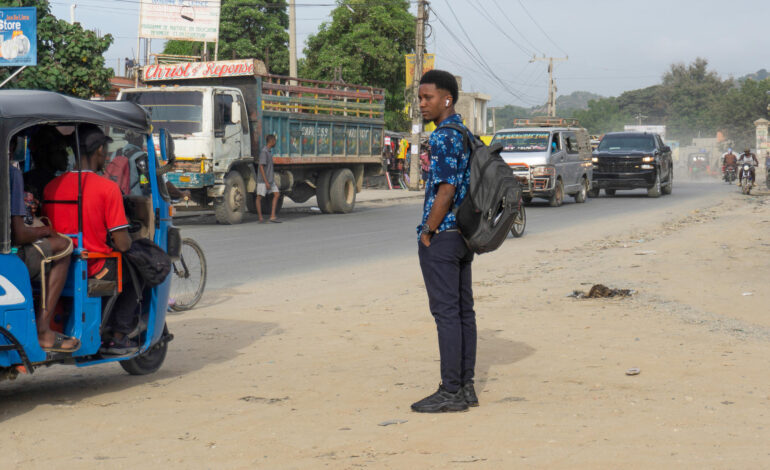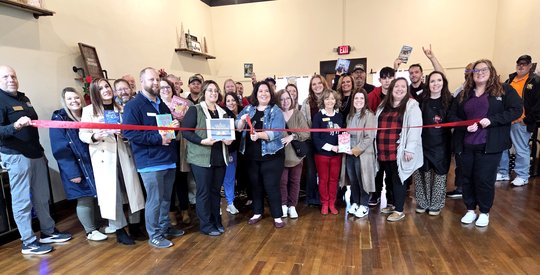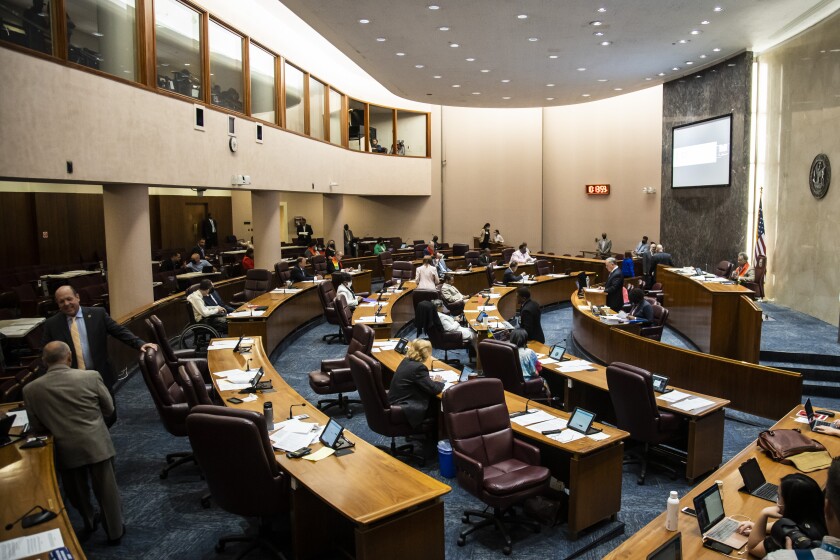Thousands Flee Port-au-Prince Violence, Seek Refuge in Cap-Haïtien

UPDATE: Thousands of families are fleeing escalating violence in Port-au-Prince, with many seeking refuge in Cap-Haïtien as armed gang activity surges. Reports indicate that since August 2023, residents from neighborhoods like Carrefour Feuilles have been forced to abandon their homes, leaving everything behind in a desperate bid for safety.
Ruth, a 28-year-old mother, shared her harrowing experience: “They set my house on fire; we couldn’t save anything.” She and her family fled to Cap-Haïtien, Haiti’s second-largest city, where displaced individuals are arriving daily. The situation has become critical, with the United Nations estimating between 150 and 200 gangs operating throughout the country, 23 of which are active in the Port-au-Prince area alone.
In the past few months, over 1 million people have been displaced within Haiti due to rampant violence, which includes gang attacks, kidnappings, and extrajudicial killings. Many of these individuals are now overwhelming local communities in Cap-Haïtien, leading to increased tensions among residents and newcomers.
Donaldson, originally from Cité Soleil, one of Haiti’s most dangerous neighborhoods, arrived in Cap-Haïtien in December 2023 after a series of challenges during his escape. “Returning to Port-au-Prince has become impossible,” he says, highlighting the plight of many who find themselves stuck in a cycle of violence and displacement. He is now enrolled at Anténor Firmin University, seeking to continue his education amid uncertainty.
Despite the challenges, Ruth expresses relief at feeling somewhat safe in Cap-Haïtien. However, she faces prejudice from local residents, who often associate newcomers with crime. “Some people call us the mafia, accusing us of bringing insecurity,” she laments, illustrating the emotional toll of their situation.
Local authorities are struggling to manage the influx of displaced individuals. Arold Jean, spokesperson for the provincial police, stated, “With the arrival of these new faces, our workload has increased.” He noted that over 100 of the more than 700 arrests in January 2024 involved individuals from other regions, complicating efforts to maintain safety and order.
To assist with integration, the city council has established a registration service for newcomers to obtain a certificate of origin, a vital document for accessing housing and services. Additionally, police are now requiring public transport drivers to record passengers’ identities, a move aimed at enhancing security in the city.
The challenges are immense, but for many like Donaldson, there remains hope for a return to normalcy. “I’m living here for now, but if the capital returns to normal, I’ll be one of the first to leave,” he asserts, reflecting the resilience of those caught in this crisis.
As violence continues to escalate in Port-au-Prince, the situation remains fluid and urgent. Authorities are calling for increased coordination and awareness among local populations to better accommodate the growing number of displaced individuals, emphasizing the importance of community support in these challenging times.






